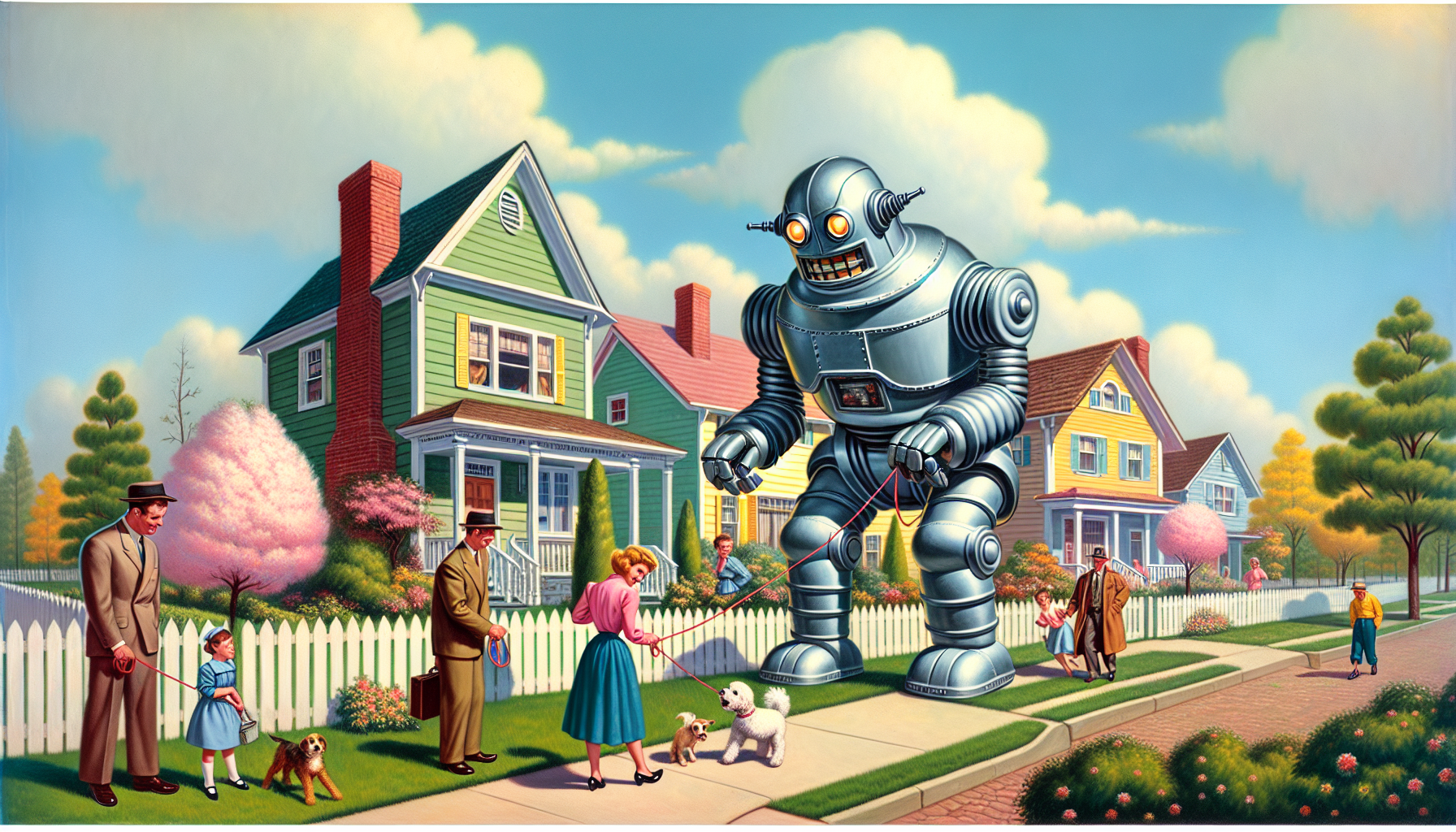AI's Impact on Workforce: Accenture's 'Binary Big Bang', Multi-Agent Systems in Translation, and AI in Software Vehicles
May 05, 2025

AI Transforms Talent and Learning in the 'Binary Big Bang' Era
AI's growing autonomy is fundamentally reshaping talent development and workforce learning, a shift Accenture dubs the ‘Binary Big Bang’. Foundational AI models have enhanced natural language interactions, prompting tech professionals to adapt from traditional coding to managing AI agents. This demands new skills in AI governance and ethical deployment, as emphasised in Accenture’s Technology Vision 2025 report. The transformation is driven by the principles of abundance, abstraction, and autonomy, democratising innovation and fostering a culture of continuous learning. Organisations must invest in upskilling initiatives, ensuring inclusive AI competencies and promoting a collaborative environment where AI tools are used creatively. The emergence of agentic systems and generative user interfaces encourages a transition from operators to orchestrators, reshaping digital interaction by prioritising explainability and safety. As AI integrates into workflows, it is not replacing humans but unlocking greater potential through co-creation and innovation, requiring businesses to focus on inclusive learning and human-AI partnerships to lead the digital future. (Source)
AI won't steal your job, but you need to learn to work with it
Office 365 and Google Workspace users are increasingly encouraged to integrate AI tools Copilot and Gemini into daily tasks, while Adobe and Canva have incorporated AI into their updates. Atlassian and other management software-as-a-service platforms are embedding AI for productivity enhancements. Generative chatbots like ChatGPT, growing since 2023, are becoming common in workplaces, with mid-sized Australian businesses leading adoption, as evidenced by a Humanova survey and Microsoft's Work Trend Index. Despite mandatory AI training, the practical integration remains challenging, with users cautious about relying solely on AI for tasks like email drafting, amid broader questions about their ubiquity. (Source)
Multi-Agent AI Systems Can Improve Accuracy and Domain Adaptation in AI Translation
Vicent Briva-Iglesias from ADAPT Centre proposes a revolutionary approach to AI translation through specialized multi-agent systems, challenging traditional single-agent workflows, in an April 17, 2025 paper. This agentic model, influenced by recent research and garnering expert consensus, mirrors professional human processes by assigning distinct roles to individual AI agents to enhance quality, domain adaptability, and contextual awareness. In a pilot study on legal translations using a four-agent system, Briva-Iglesias found that setups with larger models outperformed industry standards like DeepL and Google Translate. Key strengths identified include the autonomy of AI agents, tool integration, memory refinement, and customizable workflows. The findings highlight the potential of multi-agent systems for superior domain adaptation and content preservation, suggesting their significant application in high-stakes areas such as legal and medical translations. (Source)
A DOGE recruiter is staffing a project to deploy AI agents across the US government
Anthony Jancso, a former Palantir employee and cofounder of the government tech startup AccelerateX, is recruiting technologists to work on a project aimed at deploying AI agents in federal agencies to automate tasks currently handled by thousands of federal workers. In a Slack post shared with Palantir alumni, Jancso claimed that over 300 roles could be automated, potentially affecting 70,000 full-time employees. The initiative has met with criticism, with some users expressing disapproval through emojis and comments, accusing the project of facilitating mass job displacement without providing alternative "higher-impact work" for the affected employees. Jancso is staffing the project in Washington D.C., although it remains unclear who these new recruits would work for and no security clearance is required. Palantir has not commented on the situation. (Source)
Software-Defined Vehicles in 2025: SOA and Middleware Industry Research Report
Changan, NIO, Xpeng, and other automotive manufacturers are driving a shift towards software-defined vehicles by adopting Service-Oriented Architectures (SOA) and innovative middleware solutions, which are expected to enhance development efficiency by over 30% by 2025. Changan's SDA, for instance, uses SOA to decouple software and hardware systems, implementing thousands of vehicle-defined service buses. NIO's SkyOS provides a self-developed SOA framework for enhanced service discovery and reliable communication, while Xpeng has developed unified middleware to streamline cross-domain integration. The integration of AI foundation models into automotive software is further transforming the industry, facilitating sophisticated AI application development and enhancing automotive system capabilities. New software frameworks are being established to support rapid adaptation to changing demands and improve service management, contributing to the evolution of smarter, more efficient vehicle systems. (Source)
